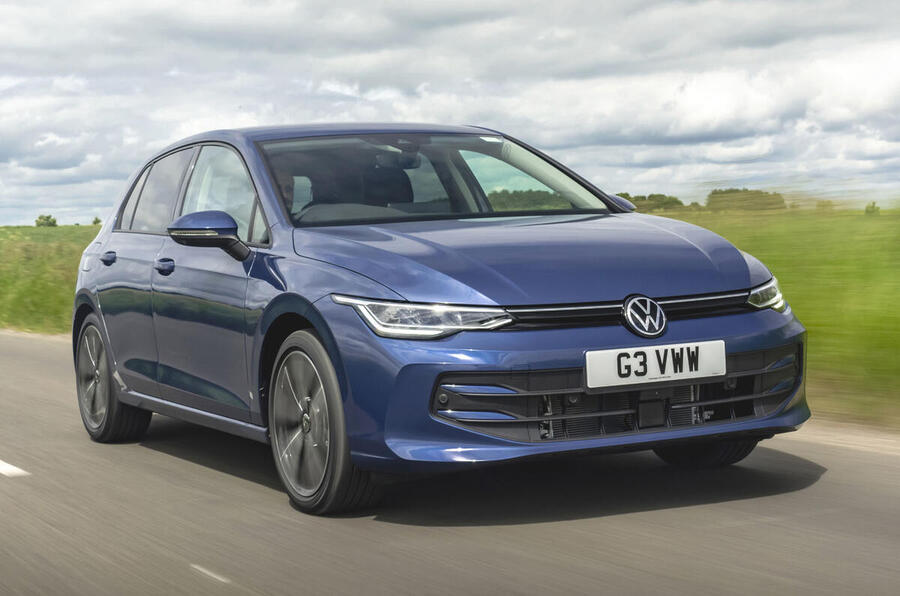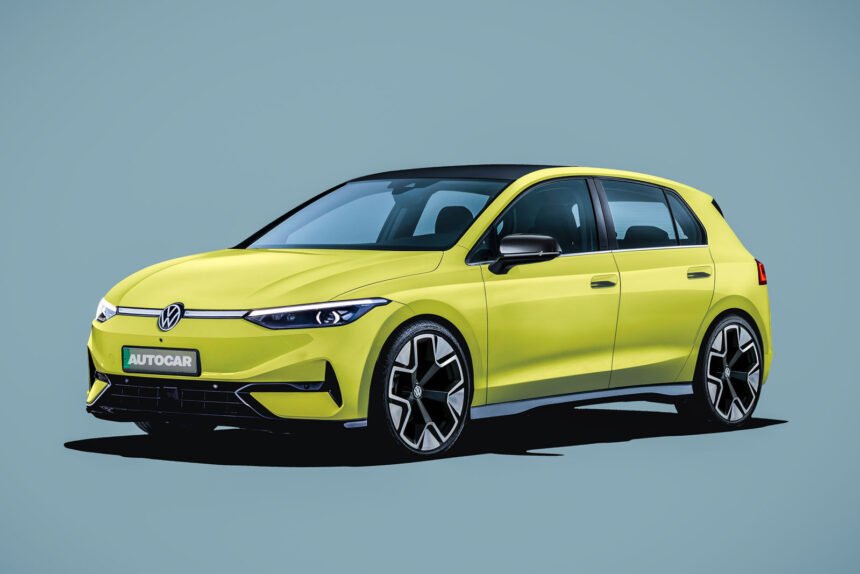The Future of Volkswagen Golf: A Closer Look at the ID Golf
Discussing the latest software platform for Volkswagen, Grünitz emphasized the flexibility and updateability of the system. He highlighted the ability to introduce new features to customers through over-the-air updates, even after they have purchased the vehicle, without the need for a service visit. This represents a significant advancement in the automotive industry.
The software’s ability to control key hardware elements will play a crucial role in shaping the performance of both the GTI and R variants of the Golf. The GTI is expected to feature two-wheel drive, maintaining its traditional character, with software-controlled systems like torque vectoring enhancing its handling capabilities. On the other hand, the R variant is likely to be equipped with all-wheel drive, possibly using a dual-motor setup, focusing more on dynamic handling than previous models.
Coexistence of ICE Golf and ID Golf

The forthcoming ID Golf will be manufactured at Volkswagen’s main facility in Wolfsburg, Germany, where the Golf has been produced since its inception in 1974. To accommodate the new electric model, production of the current combustion-engined Golf will be moved to Volkswagen’s Mexican plant in 2027, paving the way for increased production of the ID Golf in the following year.
Interestingly, the current Mk8.5 Golf will undergo substantial updates and continue to be available for purchase alongside the ninth-generation EV. This strategy mirrors Porsche’s approach with the Cayenne, offering both combustion-powered and electric versions simultaneously.
In regions like Europe and the UK, the ICE Golf will be exclusively offered as a plug-in hybrid until 2035 when regulations restrict the sale of non-electric vehicles. The decision to shift production to Mexico suggests that the model may have a longer lifespan in markets with slower EV adoption rates, similar to the enduring popularity of the Beetle.
The introduction of the ID Golf marks the beginning of Volkswagen’s EV lineup transformation. Following this model, an SUV successor to the ID 4 is anticipated, potentially continuing the legacy of the popular Tiguan model line.







